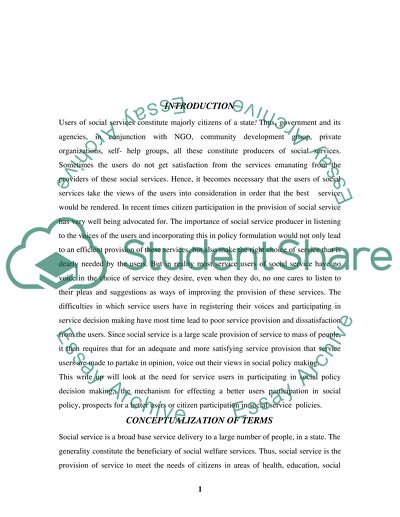Cite this document
(“Social care service Essay Example | Topics and Well Written Essays - 3750 words”, n.d.)
Retrieved from https://studentshare.org/sociology/1524327-social-care-service
Retrieved from https://studentshare.org/sociology/1524327-social-care-service
(Social Care Service Essay Example | Topics and Well Written Essays - 3750 Words)
https://studentshare.org/sociology/1524327-social-care-service.
https://studentshare.org/sociology/1524327-social-care-service.
“Social Care Service Essay Example | Topics and Well Written Essays - 3750 Words”, n.d. https://studentshare.org/sociology/1524327-social-care-service.


